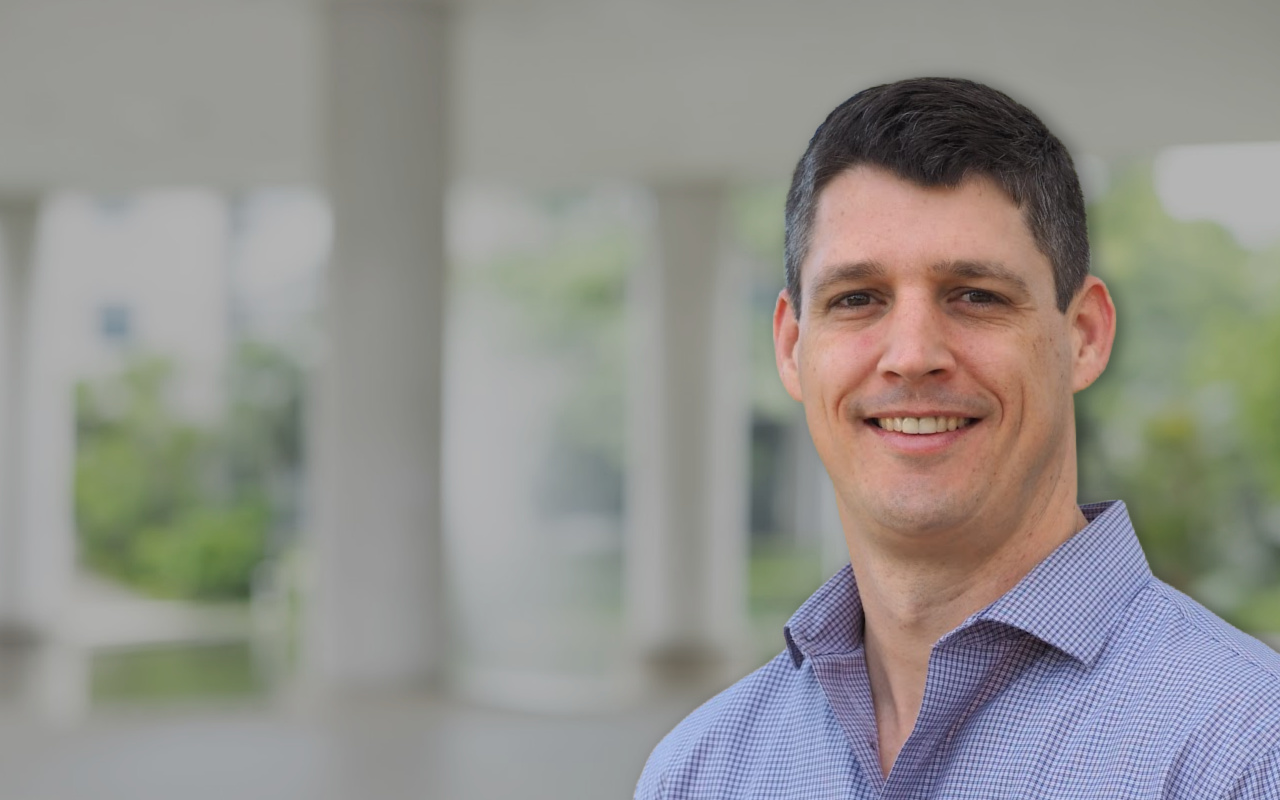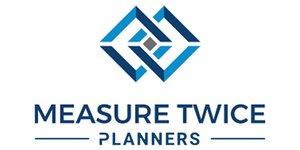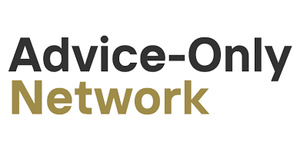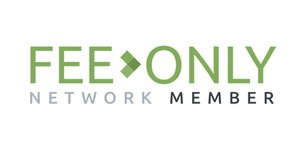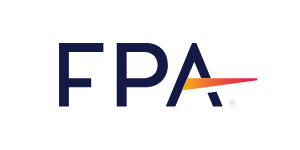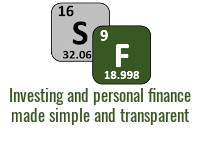Financial Advisor for Dow Employees and Scientific Professionals
FeeOnlyNetwork.com Interview
What makes you particularly qualified to serve Dow employees and scientific professionals?
I have a Ph.D. in chemical engineering and worked as a process research engineer for 12 years at Dow. Basically, I am a scientific professional, and I see the conflicts they can have with some financial advisors.
In general, engineers and scientists are a curious group who seek to understand how things work. They like seeing data, asking questions, and understanding why a decision is the right one. Most financial advisors seek clients who are delegators, who essentially hand over all control to the advisor. Clients who ask questions or challenge decisions reduce these advisors’ workflows and efficiency. There’s a natural conflict.
At Scientific Financial we cater to the curious mindset. We’ve structured our programs to provide data and we strongly encourage questions. We even have monthly group question sessions. We want to teach and empower our clients. This is a fairly unique approach in the industry, but one ideally suited for scientific professionals.
Why did you choose to target your business to a specific group rather than anyone seeking financial advice?
I believe in the value of niches. Niches have been commonplace in the medical field for a long time. Surgeons can specialize in the knee, heart, or neck. There are even subsets within those groups. Believe it or not, there’s actually more than recognized 100 doctor specialties, all serving the human body. To be the best in one’s field, one must narrow their scope. The same concept applies to financial advisors.
We’ve chosen our special group to be Dow employees. I have a history at Dow. My wife still works at Dow. I know the Dow benefits program very well and there are lots of under-utilized programs. I had lunch with a friend where I mentioned that switching his medical insurance to his Dow spouse would save him $600/yr in taxes. I mentioned to a Dow friend that he could transfer his large brokerage account balance to a Roth IRA via after-tax payroll contributions. These are company-specific opportunities, and no advisor can know every company’s benefit plan. By focusing on Dow’s benefit plan, we’re able to identify these opportunities quickly and provide unmatched value to Dow employees.
A stranger at a party asked you what you do. How do you answer?
I’m an advice-only financial advisor. I purposefully add that advice-only part since it often produces a follow-up question. The response to the obvious question is that an advice-only financial advisor only provides financial advice. I don’t take control of your assets. I don’t have pressure to sell specific funds or receive any commissions. Basically, I just provide financial advice and I’m able to do that without conflicts of interest. Many people don’t know that financial advisors do this. Advice-only business models are still a small minority. However, I see that a lot of people prefer this model, especially in my niche of scientific professionals. They don’t want to give someone control of their hard-earned money. They just want financial advice and that’s what I provide. Personally, I feel that the AUM (assets under management) model is the main reason so many people avoid seeking financial advice. I’m hopeful that advice-only financial advisors change the landscape over time.
What steps do you take so that clients are assured that your fees are transparent?
I post prices on my website. That’s as transparent as transparent can be. This is the all-in price, no surprises.
How do you hope the industry will evolve, and how are you contributing towards that change?
In my opinion, one of the main reasons many people avoid seeking professional financial advice is that there’s a very high barrier to entry (activation energy for my scientists). Most business models require a client to commit to spending several thousand dollars before becoming a client and fully understanding the benefits of financial planning. It’s a tough sell to pay that much money for something which isn’t yet clearly understood.
We’ve addressed this at Scientific Financial by offering 1-on-1 90 minute engagements and creating the Family Subscription. For $49/month, members can start to experience the value of a financial advisor. We explain financial topics and support our recommendations with data. We have devoted question and answer sessions. Members start to recognize financial blind spots and inefficiencies. We even provide a $400/yr credit if they seek our help in addressing those shortcomings. It’s not quite a “try it before you buy it” model, but it’s close. I wish other firms provided more options for clients to experience the value of professional financial advice before asking for a large financial commitment.


